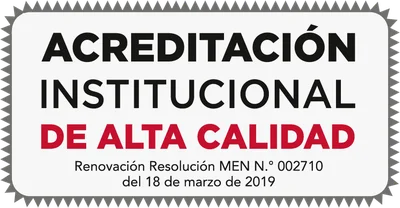Contemporary Methods for Speech Parameterization [electronic resource] / by Todor Ganchev.
Tipo de material: TextoSeries SpringerBriefs in Electrical and Computer EngineeringDescripción: X, 114p. 32 illus., 23 illus. in color. online resourceISBN: 9781441984470 99781441984470Tema(s): Engineering
TextoSeries SpringerBriefs in Electrical and Computer EngineeringDescripción: X, 114p. 32 illus., 23 illus. in color. online resourceISBN: 9781441984470 99781441984470Tema(s): Engineering| Tipo de ítem | Ubicación actual | Colección | Signatura | Info Vol | Copia número | Estado | Fecha de vencimiento | Código de barras | Reserva de ítems |
|---|---|---|---|---|---|---|---|---|---|
 DOCUMENTOS DIGITALES
DOCUMENTOS DIGITALES
|
Biblioteca Jorge Álvarez Lleras | Digital | 621.382 223 (Navegar estantería) | Ej. 1 | 1 | Disponible | D000282 |
Navegando Biblioteca Jorge Álvarez Lleras Estantes, Código de colección: Digital Cerrar el navegador de estanterías
| 621.382 223 Spoken Dialogue Systems Technology and Design | 621.382 223 Entropy and Information Theory | 621.382 223 REST: | 621.382 223 Contemporary Methods for Speech Parameterization | 621.382 223 Video Segmentation and Its Applications | 621.382 223 Electronics for Guitarists | 621.382 223 Principles of Spread-Spectrum Communication Systems |
Basic Concepts and Applicability of Speech Parameterization -- Survey on speech parameterization -- Fourier transform based methods -- Wavelet packets based methods -- Evaluation on the speech recognition task -- Evaluation on the speaker recognition task -- Practical considerations -- Links to code and further sources of information.
Contemporary Methods for Speech Parameterization offers a general view of short-time cepstrum-based speech parameterization and provides a common ground for further in-depth studies on the subject. Specifically, it offers a comprehensive description, comparative analysis, and empirical performance evaluation of eleven contemporary speech parameterization methods, which compute short-time cepstrum-based speech features. Among these are five discrete wavelet packet transform (DWPT)-based, six discrete Fourier transform (DFT)-based speech features and some of their variants which have been used on the speech recognition, speaker recognition, and other related speech processing tasks. The main similarities and differences in their computation are discussed and empirical results from performance evaluation in common experimental conditions are presented. The recognition accuracy obtained on the monophone recognition, continuous speech recognition and speaker recognition tasks is contrasted against the one obtained for the well-known and widely used Mel Frequency Cepstral Coefficients (MFCC). It is shown that many of these methods lead to speech features that do offer competitive performance on a certain speech processing setup when compared to the venerable MFCC. The last does not target the promotion of certain speech features but instead aims to enhance the common understanding about the advantages and disadvantages of the various speech parameterization techniques available today and to provide the basis for selection of an appropriate speech parameterization in each particular case.






No hay comentarios en este titulo.